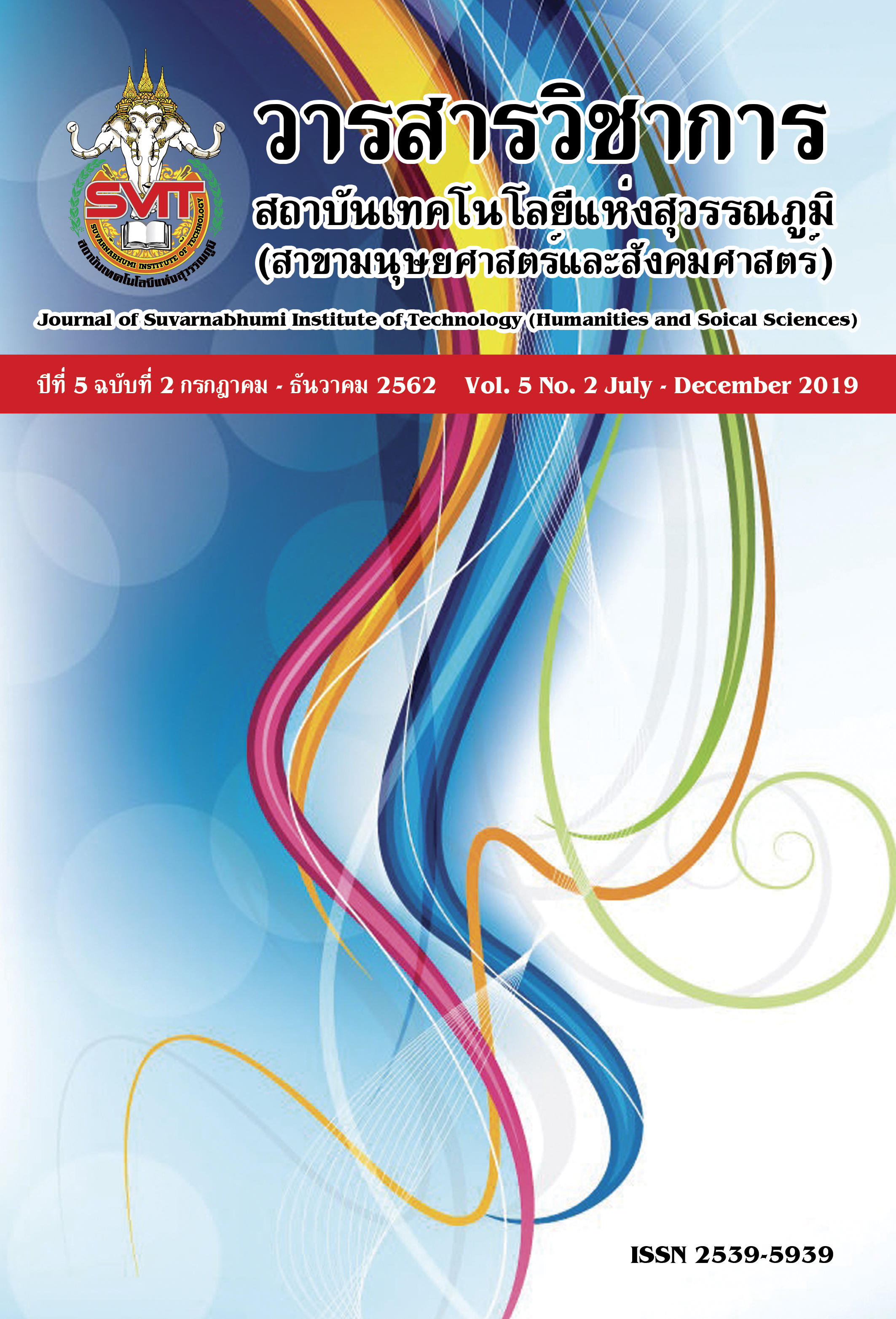LEGAL PROBLEMS CONCERNING RESEARCH INVOLVING HUMAN SUBJECTS
Legal Problems Concerning Research Involving Human Subjects
Keywords:
Research Involving Human Subjects, Draft of Human Research Act, Nuremberg CodeAbstract
At present, various countries around the world, especially developed countries, have guidelines, regulations, and laws on research involving human subjects. These laws have been put in place to control, promote, and allow the development of research involving human subjects in various areas including health science and social science. In participating countries, it has been found necessary to conduct seminars in order to effectively disseminate knowledge of measures, procedures, methods and guidelines regarding research involving human subjects. These provide an understanding of the widely adopted rules, procedures, methods and guidelines.
In addition, developed countries have been encouraging developing countries to follow the widely adopted principles in different types of human-related investigations such as research in pharmaceutical production, and research and experimentation involving various methods of treatment and prevention of disease. Research projects involving humans must be approved by a Human Research Committee before being able to be registered by the institution as suitable for the ethical conduct of research or for publication. In establishing regulations, the primary documents for consideration are the World Medical Association Declaration of Helsinki and the Nuremberg Code. The Nuremberg Code outlines international accepted ethical principles for human experimentation. It consists of a set of International ethical guidelines on biomedical research with human participants prepared by the Council for International Organizations of Medical Sciences and the World Health Organization. The Code focuses on preventing problems related to research studies by not allowing people fall into the category of experimental subjects without their consent. There are a number of rules and regulations in relation to human research that are used as guidelines for human research under the Code.
For Thailand, conducting research in humans has no specific laws governing it. The Ministry of Public Health hence has proposed a draft Act dealing with experiments involving humans. This drafted Act, the Human Research Act B.E…, is in the process of consideration by the National Legislative Assembly of Thailand. The proposed Act focuses on principles involved in supervising research involving human subjects and overseeing the rights of individuals who participate in such investigations. In order to provide effective supervision and establish research systems in enquiries involving humans, the proposed Act requires such research to be approved by the institution’s ethics committee, which is an entity established by the organization to uphold the law. This committee would have the duty to set standards for research in humans and monitor all research operations involving humans according to the standards set by law. For the reasons mentioned, both the State and all involved research organizations are responsible for speeding up the process of adopting and enforcing the legislation. Such responsibility can be realized by adopting measures to promote, support and supervise research in human beings to cover the proposed regulations which go beyond those already adopted in the Standards of the Research Committee in Human Subjects B.E. 2556, issued by the Office of National Research Council of Thailand (NRCT), which are applicable and are currently in practice
References
ประมวลกฎหมายแพ่งพาณิชย์
ประมวลกฎหมายอาญา
พระราชบัญญัติกฎหมายแห่งชาติ พ.ศ. 2550
พระราชบัญญัติกฎหมายสุขภาพ พ.ศ. 2551
มาตรการจริยธรรมวิจัยในมนุษย์. (2557). คู่มือการเสนอขอพิจารณาหลักพิจารณาจริยธรรมทางการวิจัยในมนุษย์
วิชัย โชควิวัฒน์. (2560). จริยธรรมการวิจัยในมนุษย์. สำนักงานคณะกรรมการสุขภาพแห่งชาติ(สธ.). 15-49.
วิฑูรย์ อึ้งประพันธ์. (2538). ศิลปของฮิปโปเครติส. คลินิก 11 : 709-19.
วิฑูรย์ อึ้งประพันธ์. (2530). ความยินยอมที่ได้รับการบอกกล่าวในเวชปฏิบัติ. นิติเวชสาธกฉบับกฎหมายกับเวชปฏิบัติ,. กรุงเทพฯ: โครงการตำราศิริราช หน้า 104.
วิฑูรย์ อึ้งประพันธ์. (2546). กฎหมายการแพทย์. กรุงเทพฯ: สำนักนิติกรวิญญูชน, หน้า 163.
สำนักงานคณะกรรมการวิจัย (วช.). (2556). มาตรฐานคณะกรรมการจริยธรรมวิจัยในคน(มคจค.). โรงพิมพ์แห่งจุฬาลงกรณ์มหาวิทยาลัย หน้า 1-2.
อเนก ยมจินดา. (2540). การทดลองในมนุษย์กับความอาญาฐานทำร้ายร่างกายใน แสวง บุญเฉลิมวิภาสและอเนก ยมจินดา กฎหมายทางการแพทย์. กรุงเทพ, : สำนักพิมพ์วิญญูชน: 243 : 53.
Bassiouni MC.BassesTG. Evrard JT. Anapprisol of human experimentation Law and practice : the need for international regulation of human experimentation. J criminal 1981:72:1597-66.
Health aspects of human right with special reference to development in biology and medicine. Geneva : HO 1976.
Downloads
Published
Issue
Section
License
The articles published are copyrighted by the Sarasas Journal of Humanities and Social Science. The opinions expressed in each article in this academic journal are those of the individual authors and do not reflect the views of Sarasas Suvarnabhumi Institute of Technology. The authors are solely responsible for all aspects of their respective articles. Any errors or inaccuracies in the articles are the sole responsibility of the authors.



